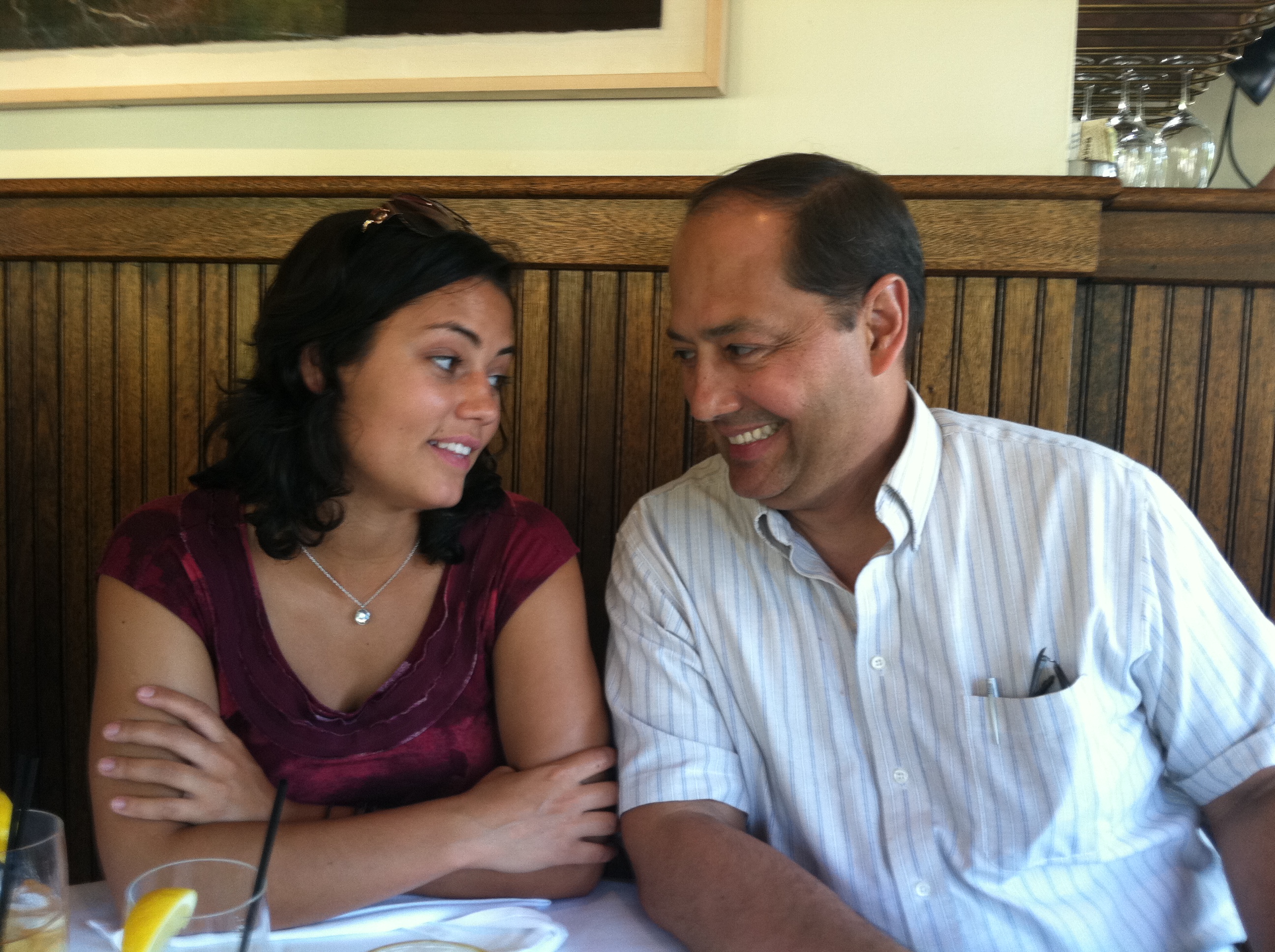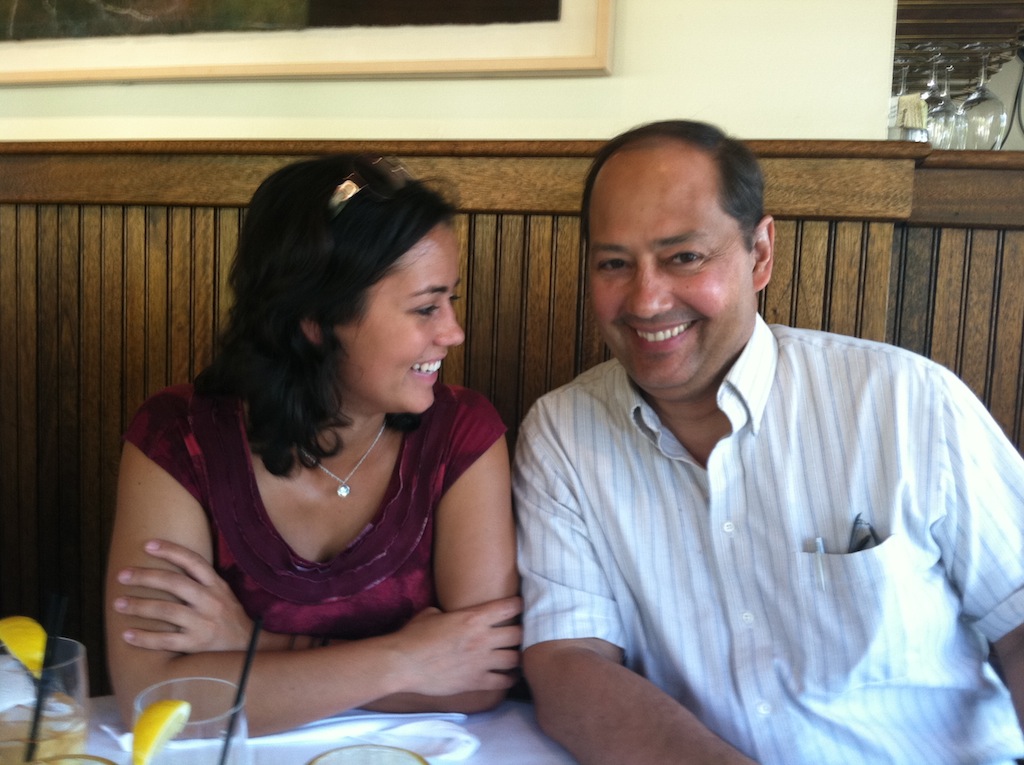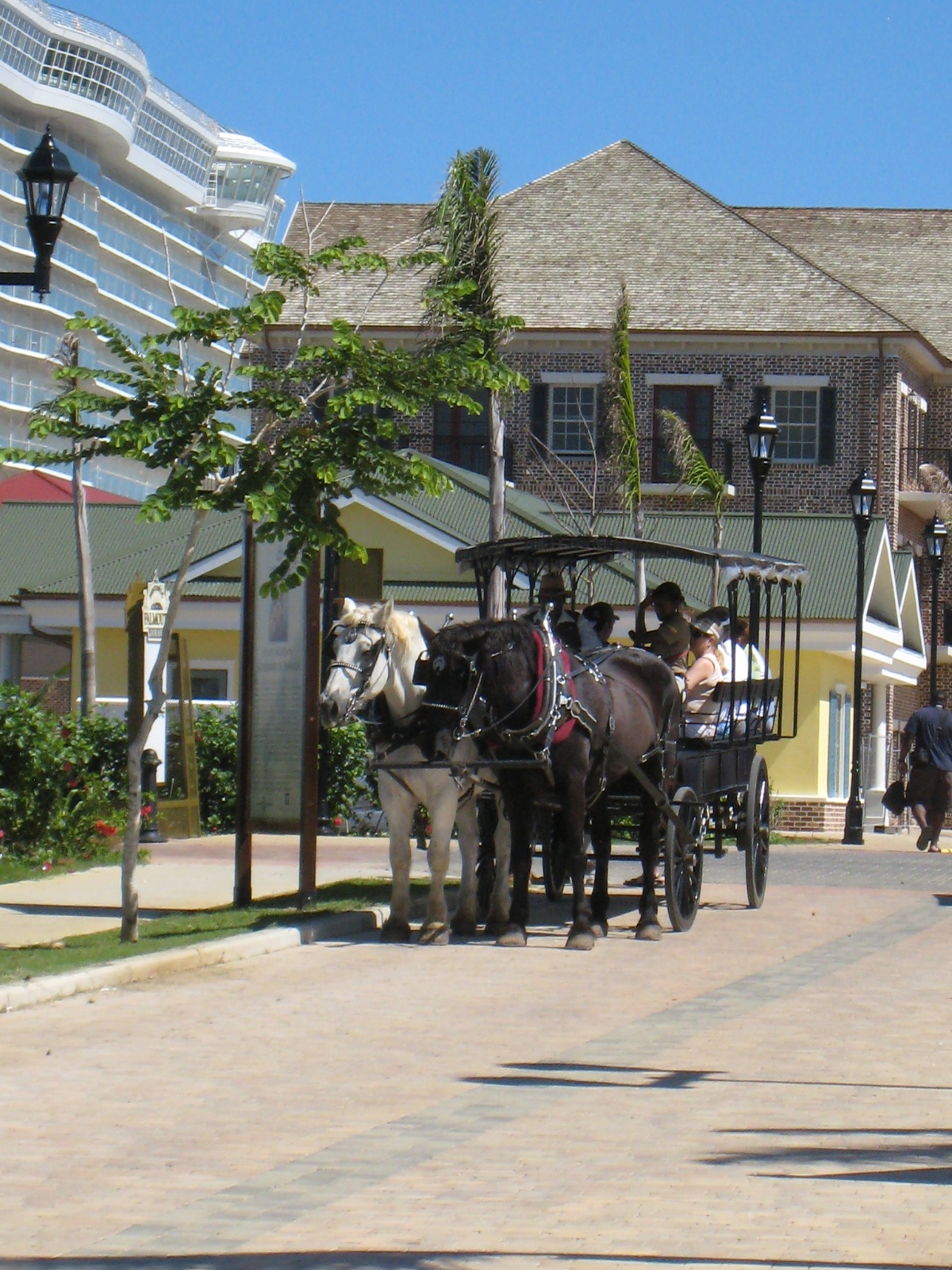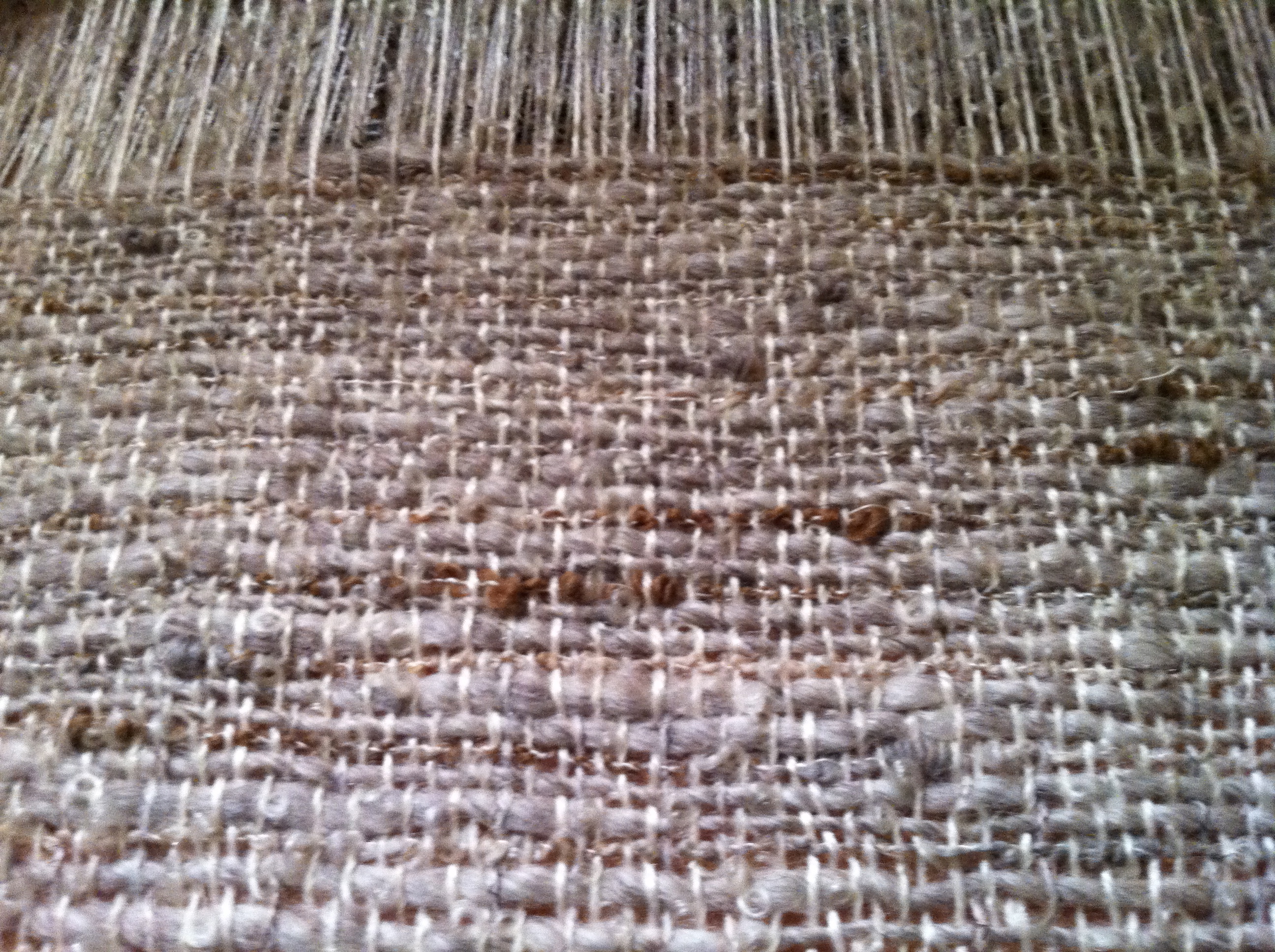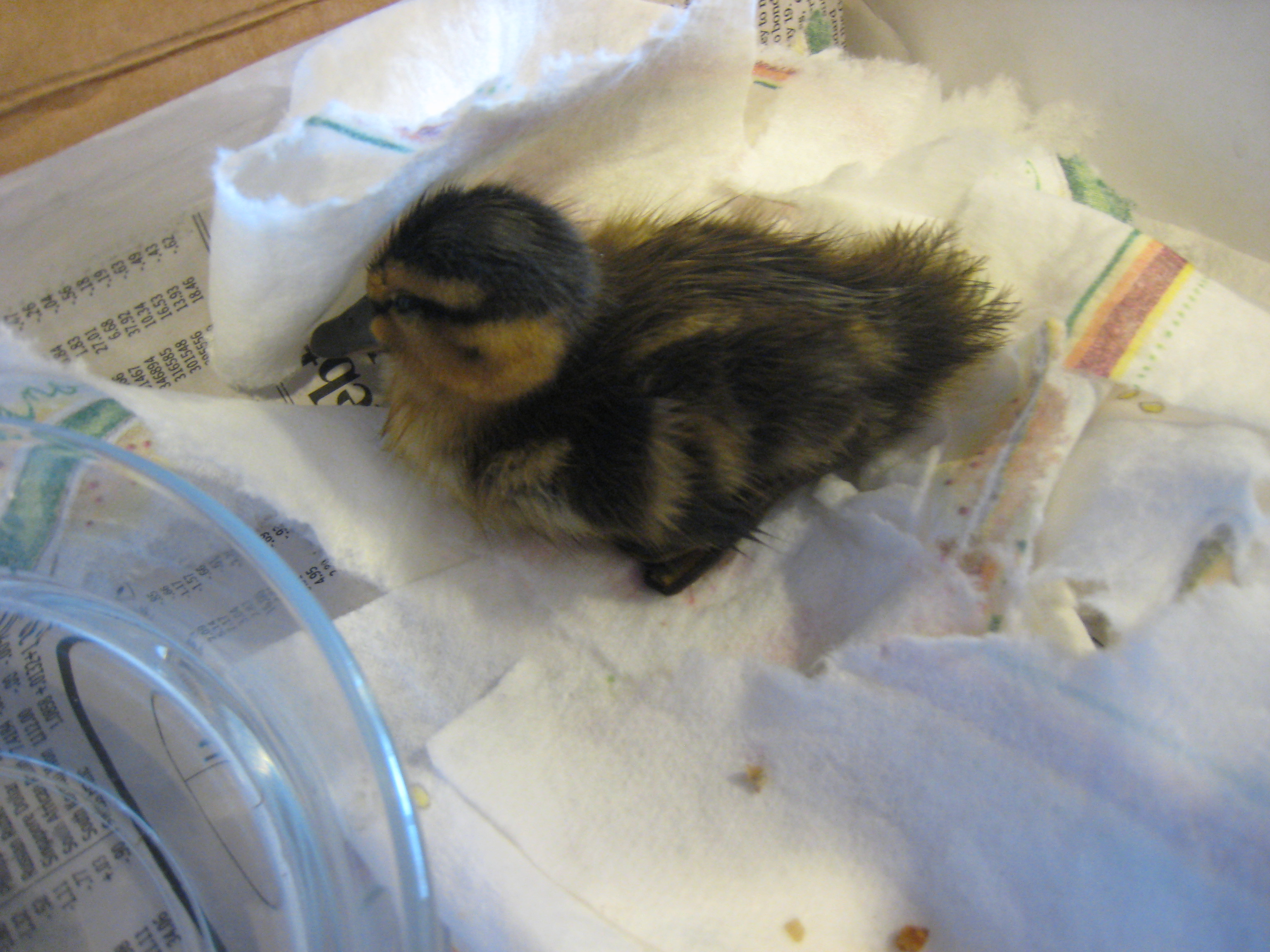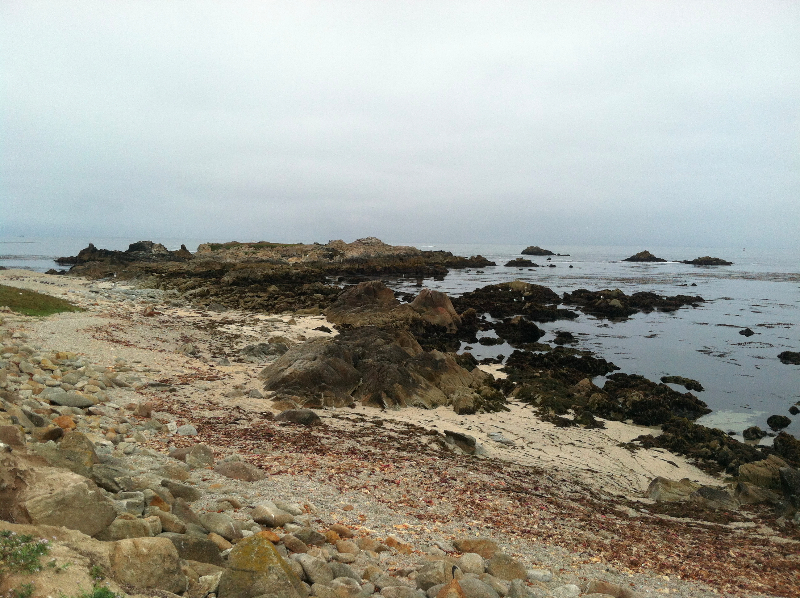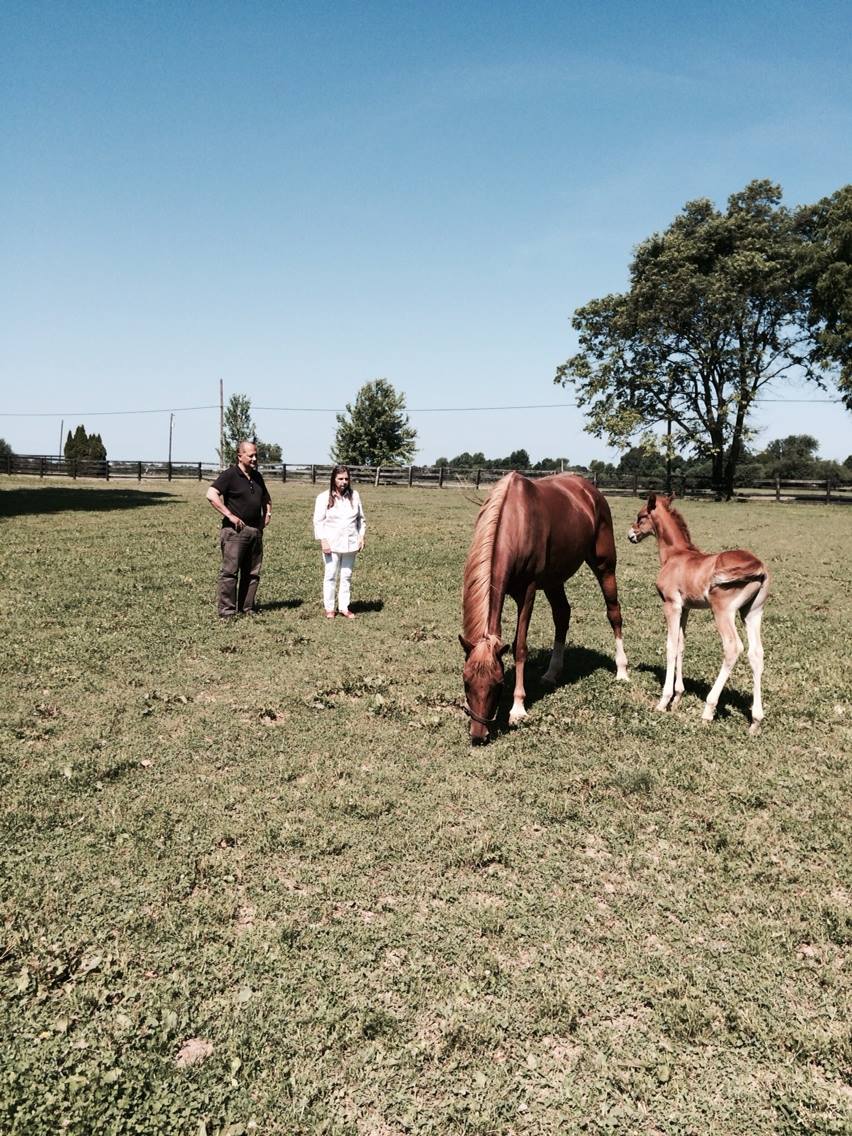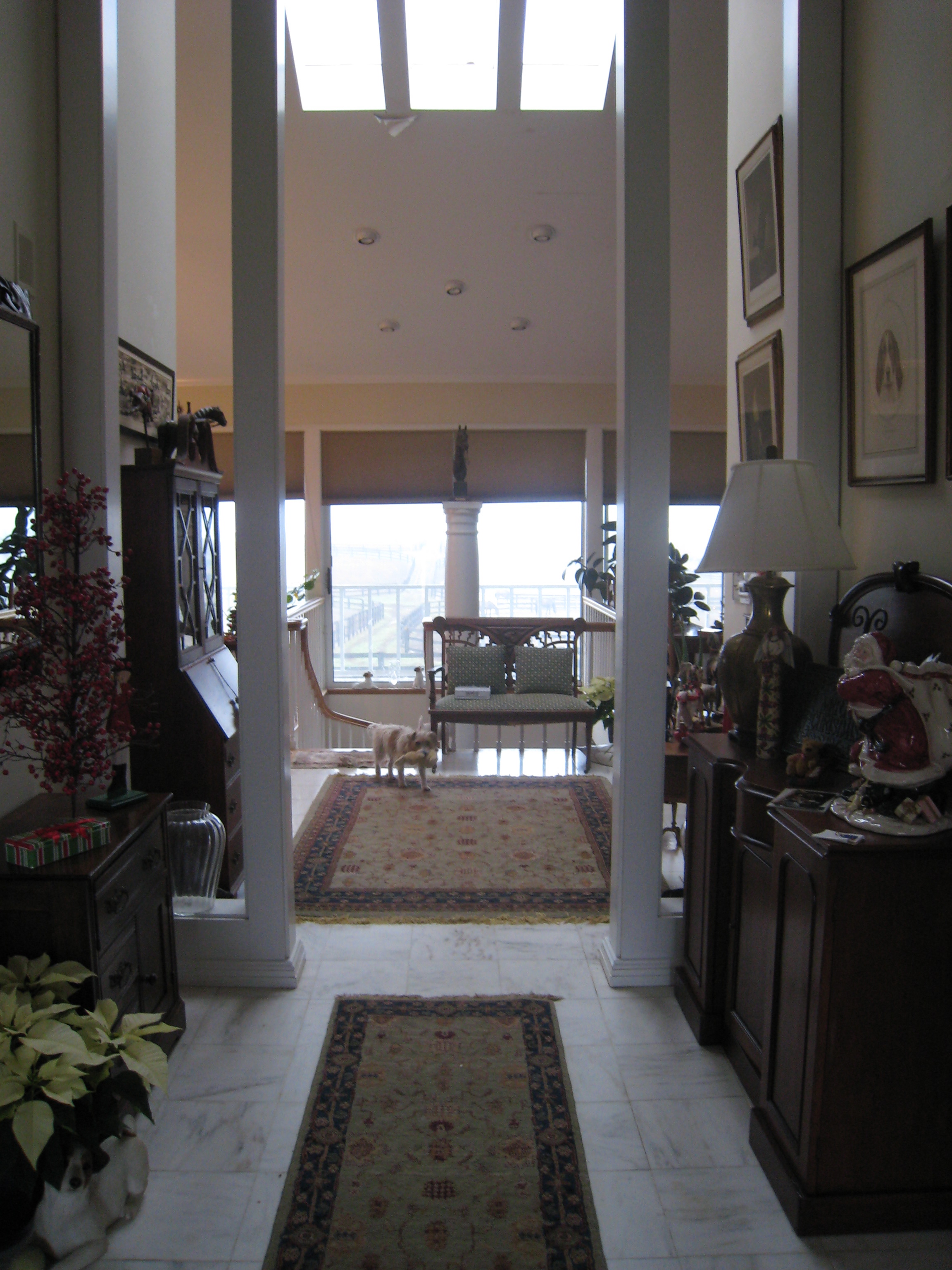
“Research is creating new knowledge.” – Neil Armstrong, Astronaut
Dr. Usmani, a researching physcian at UAMS in Little Rock, Arkansas, in the Myeloma Institute did a brief overview of the retrospective comparative study he was presenting at the conference on Total Therapy 3a and 3b regarding the newly diagnosed High Risk Multiple Myeloma patients.
It’s important to note, if you are new to this journey, that most newly diagnosed patients (85%) are LOW RISK. The high risk group are those that have genetically altered markers that are extremely chemo resistant.
In my previous post (“Barlogie Presentations”), Dr. Barlogie, the director, indicated that he believes it is the high risk group of myeloma patients where the answers will be found. He urged leading researchers to utilize some of their research funding to delving into this small group of patients. He further indicated that when those in the low risk group relapse, they often become part of this high risk group with the mutation of the disease.
In this presentation Dr. Usmani talks about what they have discovered thus far and the changes they have attempted in the drug regimen used in Arkansas to address this group of patients. Clearly they are not there yet, but they are making forward progress.
For the Myeloma community as a whole it is good news that a lot more attention is being paid to this particular presentation of patients. It is however, difficult that the answers have not yet been found for those who are in the high risk group. There time is so very limited.
I often read and hear the frustration of myeloma patients and their caregivers that not enough is being done, that the research is too slow, or improvement in care being poorly disseminated (I agree with this one wholeheartedly). But I urge us all to remember that this disease is still classed as an “orphan disease” (A rare disease, also referred to as an orphan disease, is any disease that affects a small percentage of the population..). As such, the fact that we have research going on at all is a miracle and to the degree that it is, is flat out amazing. I have met others who have orphan diseases and there is little to no research being done on them.
While I empathize with the frustrations, I also appreciate greatly, the extraordinary efforts that are being made by those who are working on this day in and day out, year after year, as well as the many patients who subject themselves to these clinical trials and hypothetical treatments over the long haul. While most of them I meet or read about don’t make it, I will be forever grateful for their willingness to subject themselves and their families through this process in the hopes that information will be uncovered to finally slay this beast. I am humbled by you.










